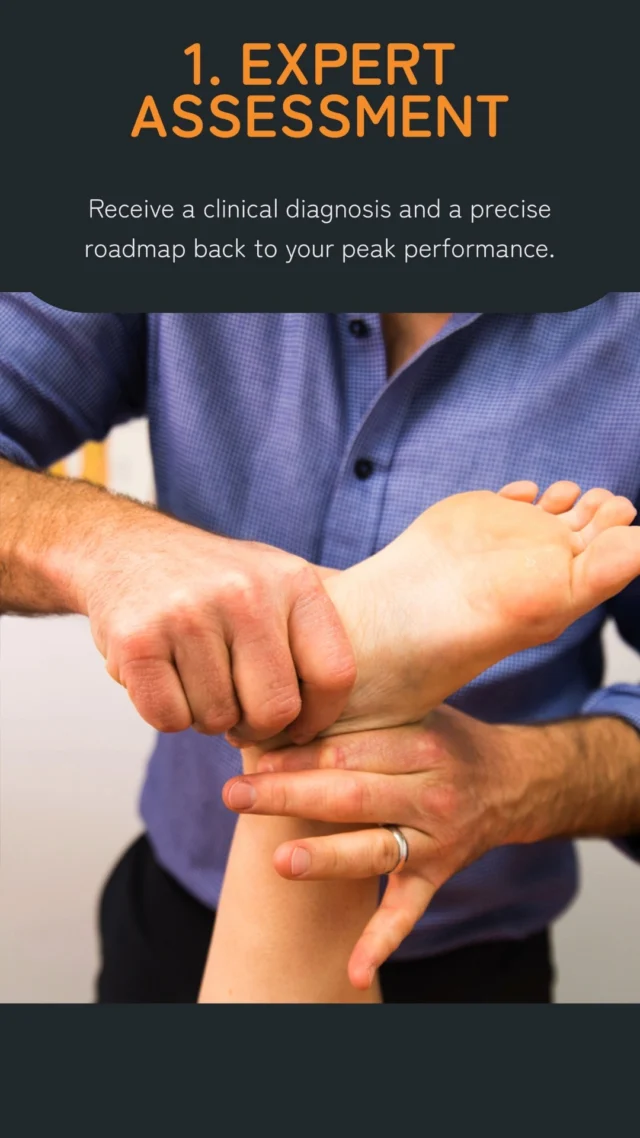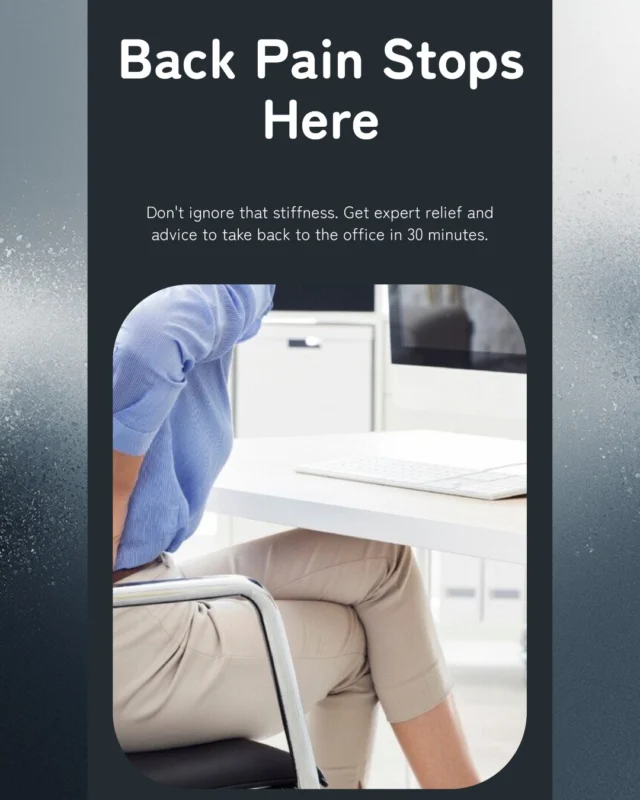NSAIDS stands for non-steroidal anti-inflammatories and are a commonly prescribed and provided to treat musculoskeletal pain, including back pain, ankle sprains and neck pain. These include ibuprofen and stronger anti-inflammatories such as Celebrex and Mobic. Some anti-inflammatories are easily accessible over the counter and others you will need to see a doctor for, but what do they actually do?
When you sprain an ankle or when you get a cut the cells at the site of injury in your body break down the cell membranes and release prostaglandins into the blood stream. These prostaglandins are compounds made of fats (lipids) that act as hormones to produce the common signs and symptoms that are related to the injury. The release of these hormone-like substances is to induce an inflammatory process and allow for the cells and tissues that are being affected to heal properly. Not all prostaglandins have a role in inflammation and healing however, some of these prostaglandins are responsible for maintaining the function of the body for example prostaglandins are responsible for looking after the normal membranes and functioning of the gut. When prostaglandins that are responsible for inflammation and healing are activated, they are able to go through a number of physiological and pathological processes to induce localised swelling, redness and clot formation to help speed up our recovery process. This inflammatory process can be helpful in the short term to allow us to heal but after a period of time it can cause us to experience prolonged pain and swelling – this is where our NSAIDs come in!
There are two different types of NSAIDs that you can take to help with the pain. First are known as non-selective COX inhibitors (ibuprofen) and COX-2 inhibitors. Non-selective Cox inhibitors block the actions of all the prostaglandins – both the inflammatory ones and the ones responsible for normal body function, whereas the COX2 inhibitors primarily only block the inflammatory prostaglandins. This is why sometimes when NSAIDs such as ibuprofen are taken for longer than recommended, you can experience gut issues and similarly, for people who already have gut issues, NSAIDs can make there symptoms much worse. The COX-2 inhibitors on the other hand, tend to help with the inflammation without causing any stomach issues, but can have side effects related to the heart.
Each person’s circumstances and health conditions are different, so it is best to speak to your GP or pharmacist when deciding on what medication to use.





